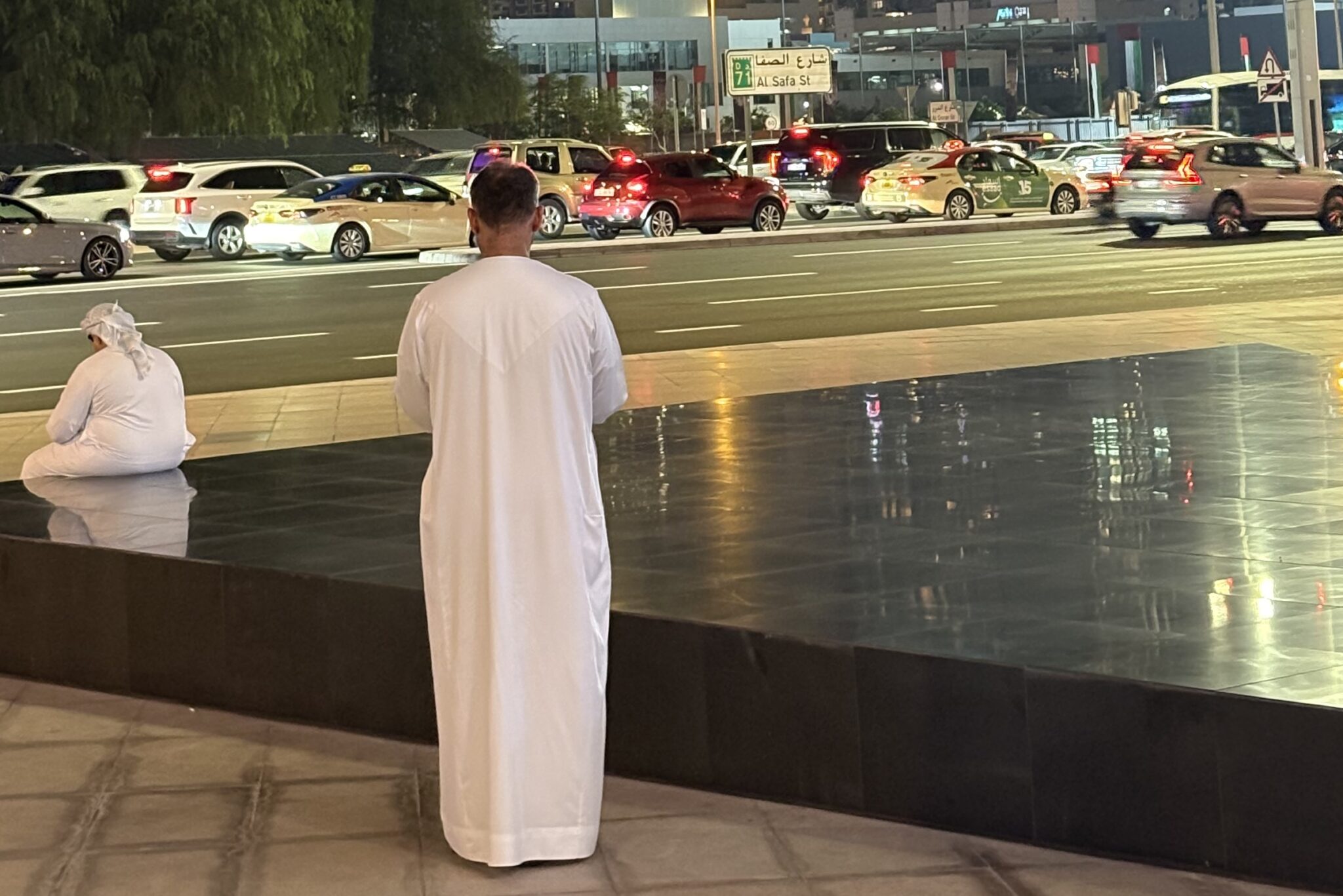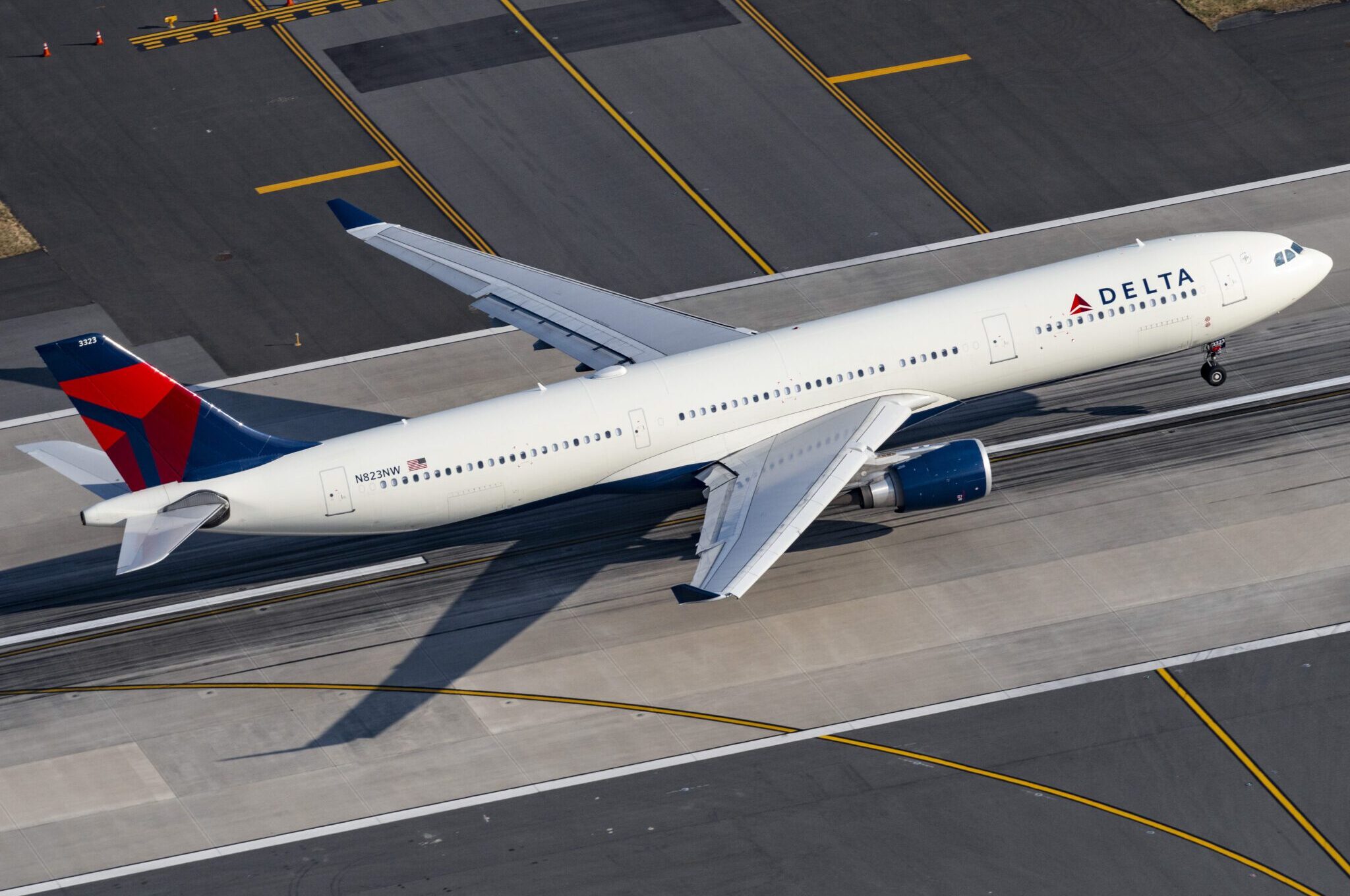New Safety Concerns Present Complicated Challenge for Event Organizers

Skift Take
Safety and security has been a key consideration in event planning for decades, but new threats from acts of terrorism, extreme weather, and pandemics are increasing the need for diligence.
Experts note a widening of scope surrounding security, which can at times present a complicated challenge to meeting planners as they work with event stakeholders to safeguard attendees and stay informed on emerging safety issues.
In a world now increasingly defined by economic and political instability, the process of event design has become entangled with risk mitigation. While incidents like 2017's Las Vegas shooting and Manchester Arena bombing are rare, the strategies of event planners have been influenced by the reality that unpredictable threats seem to have proliferated in recent years.
“What was simply focused on numbers of passengers per flight and company drug and alcohol policies has now become much more specific and encompassing,” said Fernando Lonergan, senior director of Australia and Regional Sales and Solutions at BCD Meetings & Events, citing factors such as the political stability of potential destinations, health of bilateral government relationships of the customer’s source market with the destination, and the emergency response capabilities of third parties.
According to Society for Incentive Travel Excellence Chief Marketing Officer Padraic Gilligan, duty of care and emergency preparedness are a given for any event, but the bar is constantly being raised.
He cited emergency preparedness certification from industry associations like the Association of Destination Management Executives International which he said is further raising awareness of duty of care across the full business events spectrum, “so it's not just the focus of the end-user corporation but other agents along the supply chain which need to be duty of care-aware”.
Gilligan said more corporations are taking extra precautions such as bringing their own security details to destinations where they are staging incentive programs.
He advises corporations to closely examine duty of care manuals and documentation from all key agencies along the supply chain to ensure that they meet the minimum requirements of their own policies.
BCD’s Lonergan sees rising duty of care consciousness as an opportunity to add value and show industry leadership. “We have run security forums for customers, with security experts sharing their insights into this issue. We also partner with the likes of risk assessment firms and specialized security companies,” he said, adding that many of these measures were directly requested by customers.
“At any time, the unexpected can happen, and it is the agency which must provide leadership and communication. This is where a well-developed and carefully crafted emergency communication plan plays a role.”
For venues like Australia’s Melbourne Convention and Exhibition Centre, rising safety concerns have resulted in increased security planning among clients, according to Darren Horne, senior manager of security and safety.
“We are certainly seeing a change in the way our clients think about health and safety,” he said, adding that this is being reflected in increased reconnaissance of the venue space before the event, engaging with intelligence agencies, together with use of media monitoring software to identify risks, increased use of external security consultants, providing close personal protection for VIPs and requesting evacuation plans and procedures from the venue.
MEASURES MUST ENHANCE SECURITY WITHOUT IMPACTING ON DELEGATES
Events should be about maximizing the delegate experience, which begins with an assurance that they will be safe and secure. Ideally, they shouldn’t be aware of the measures once the event begins.
As Gilligan pointed out, “Duty of care and emergency preparedness should run quietly and seamlessly in the background. It need not directly impinge on the program itself other than in the reassuring security briefings and communications … in advance of their travel.”
Stricter access control and bag inspections are now commonplace and proactive events organizers are transforming these from an inconvenience to a reassurance.
Bag checks and metal detection wanding are now commonplace at a lot of Melbourne's events, according to Horne. But behind the scenes, the facility has enhanced its use of closed-circuit TV by applying facial recognition and artificial intelligence.
Lonergan also advocates wider use of electronic chip technology in event lanyards. “Not only does it assist in heat mapping delegate movements within the program, it also supports delegate identification, ensuring that duty of care of the company assets are being shared with the right audience,” he explained.
Bruce McIndoe, founder of security firm WorldAware, sees security as a shared responsibility among all in the meetings and events supply chain.
“What will be critical to ensuring we execute comprehensive and thoughtful duty of care practices is continued collaboration and communications across the industry to pull all the various efforts on this front together,” he said.
The security expert advocated four key requirements for event planners:
· Perform a location and site assessment.
· Conduct a venue and hotel selection.
· Designate a risk management and security point of contact.
· Review emergency planning.
In addition, WorldAware recommends proactive training of all parties involved and the continuous monitoring of potential impacts to safety, security, and brand reputation as paramount in providing a safe, secure operating environment.
The final requirement is good communication: “A plan only works if people are aware it exists and understand their role in executing that plan. Planners often underestimate the broader set of resources (onsite and back home) that need to have visibility into these plans,” McIndoe said.




